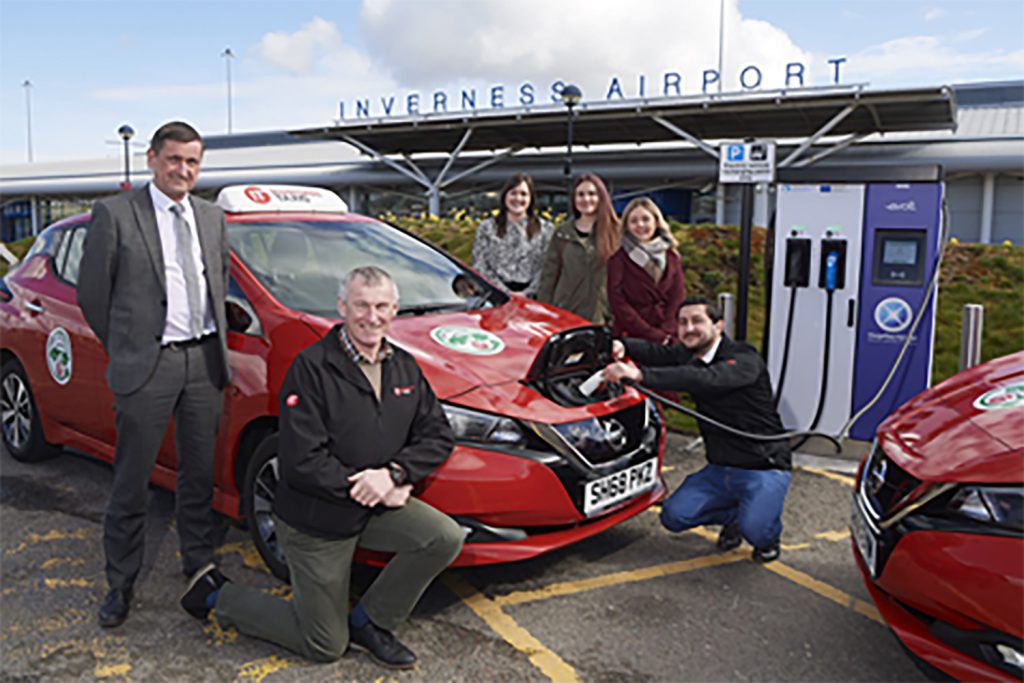Smart Peripheral and Remote Airports (SPARA2020) was a Northern Periphery & Arctic Programme project designed to address the challenges facing remote & peripheral airports. These airports are economically vital, providing accessibility & connectivity to residents; but with low traffic volume, strong seasonality challenges and ageing aircrafts, these airports suffer relatively higher costs of operating safely & compliantly and inevitably require state subsidy/intervention. SPARA aimed to maximise revenues at these remote & peripheral airports and increase their self-sufficiency and resilience long-term. SPARA’s main focus was to improve the level of innovation at public service airports to increase self-sufficiency and resilience long-term. The project aimed to do this by facilitating an innovation cycle, with topics including:
- Innovative technologies to improve airport performance
- Sustainable energy use to reduce carbon footprint
- Best practice of cost-saving initiatives and efficiency improvements
- The social, cultural and economic importance of remote airports to communities and businesses
- Explore non-aeronautical uses of an airport to diversify income and improve passenger experience
- An innovation network to spread best practice and facilitate knowledge transfer
Programme: Northern Periphery & Arctic Programme
HITRANS activities
HITRANS was the lead partner of the project. Mindful of aviation’s carbon footprint, work strands were developed to foster more sustainable energy use in the sector. Low carbon fuel airport surface access services have been introduced by HITRANS, in partnership with member Councils, Energy Savings Trust and Highlands and Islands Airports, specifically the introduction of electric taxis at Inverness Airport – the first project of its kind in the UK. The business case for offering biofuels to incoming aircraft at the region’s airports was also examined in some detail by Trafikverket, learning from some pioneering work at Karlstad Airport in Sweden.
Based upon the recognition that the performance of many peripheral airports’ scheduled traffic is structurally constrained by their small catchment size, budget was assigned to examining non-aeronautical sources of income and diversification of roles for these facilities. A range of options were examined and best practice has been established across the NPA region and beyond, and some more in depth pilot projects were undertaken. The location selected for these activities were Ireland West (Knock), Donegal, Inverness and Oban. HITRANS worked with the Northern Western Regional Assembly (who led this work package) to conduct Audits of the four airports and identified suitable projects for implementation and learning at Donegal, Oban and Knock Airports.

